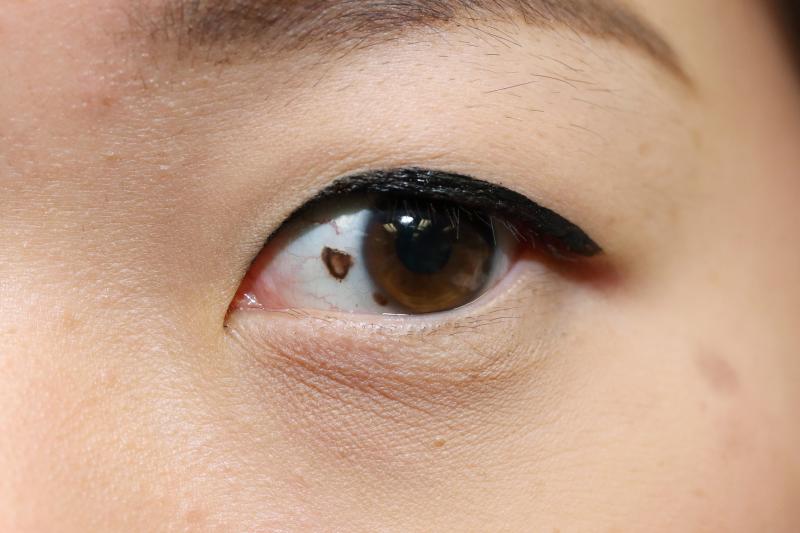
Treatment with ipilimumab appears to increase survival in patients with uveal and mucosal melanoma, according to a multicentre, retrospective study.
Thirty-one patients with uveal (n=20) and mucosal (n=11) melanoma diagnosed between 2010 and 2017 were enrolled in this study. Assessment was performed on the following data: patient characteristics, metastatic disease sites, treatment before ipilimumab therapy, performance status, haemoglobin, lactate dehydrogenase levels, B-RAF and c-kit mutation status, toxicity and survival.
SPSS version 17 was used for statistical analysis and Kaplan-Meier method for survival analysis. For univariate analysis, log-rank test was used. Cox regression analysis was performed to examine the association between multivariate variables and survival.
The median overall survival among patients was 7 months (95 percent confidence interval [CI], 1.1–12.7). Bone metastasis, anaemia, high lactate dehydrogenase level and more metastatic sites correlated with a lower overall survival, but in univariate analysis, a favourable overall survival correlated with better treatment and administration of ipilimumab in first or second lines.
Multivariate analysis revealed that only treatment response status and first- or second-line ipilimumab administration were significantly predictive of survival in these patients.
“Ipilimumab therapy may be associated with increased survival, but [the small number of participants] makes that hard to definitely conclude,” the authors said.
These findings support those of a previous study, which reported efficacy and tolerability of ipilimumab in pretreated patients with uveal and mucosal melanoma similar to those reported in clinical trials. [Med J Aust 2014;201:49-53]